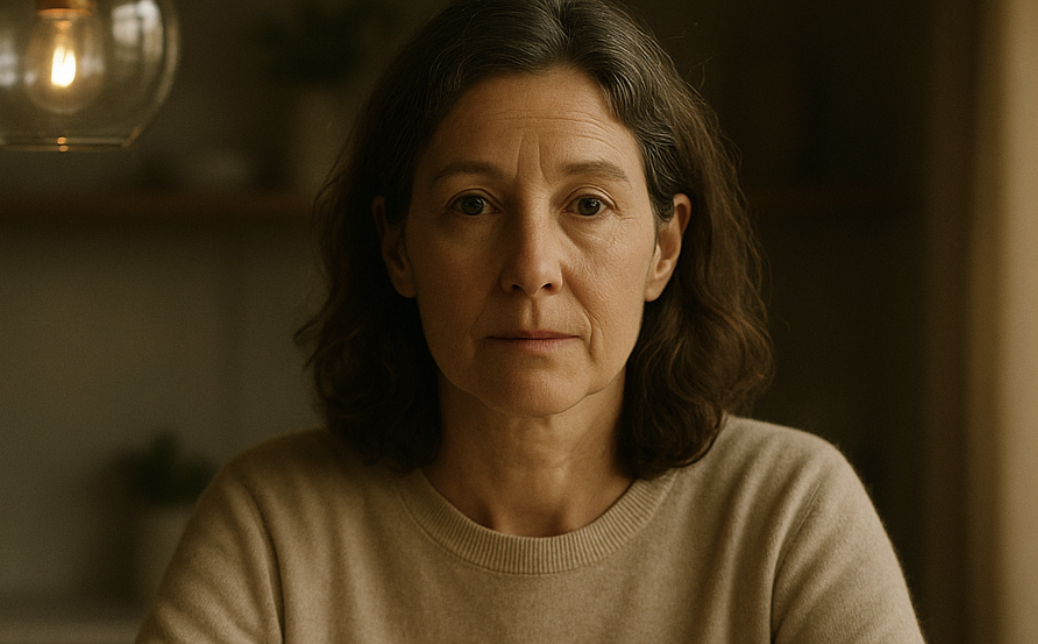After twenty-five years of marriage, Marina’s husband, Alexander, stunned her with news. Over dinner, which she, as always, had lovingly prepared for him, he said flatly, “We need to talk. I’ve filed for divorce, bought an apartment, and I’m taking my things.”
When she asked, confused, about their joint property, he only shrugged: “So what? You stayed home your whole life anyway.” The next day, movers took almost everything out of their house—from furniture to paintings—leaving Marina within bare walls.
Their daughter Olga rushed to help. Seeing the empty apartment and her mother crushed by grief, she said firmly, “No, Mom. This isn’t your problem anymore. This is cruelty, and we’re going to fight it.” Soon they learned that Alexander had secretly spent all their shared savings on the new apartment, registering it solely in his name.
Marina was ready to give up, thinking that since she hadn’t worked, she had no right to anything. But Olga insisted they fight. They hired a lawyer, a young and energetic woman named Vera.
“Everything acquired during the marriage is split in half—that’s the law,” she stated confidently. “The fact that your husband registered the apartment in his name doesn’t matter. Housework and raising children are recognized as an equal contribution to the family’s welfare.”
In court, Alexander tried to argue that Marina, as a homemaker, had no income of her own and hadn’t contributed to the purchase. But his arguments foundered on the law. When he offered a payoff, Marina showed firmness for the first time in many years: “No. I want justice, not handouts.”
The court recognized the apartment as marital property and ordered it divided. After the hearing, Alexander asked his wife bitterly, “Are you happy? Did you get what you wanted?”
“No, Sasha,” Marina replied, looking him straight in the eye. “I simply took back what rightfully belongs to me—what we created together, back when you still remembered that.”
Six months passed. Marina transformed her apartment, filling it with light and warmth. She began to paint and turned her longtime hobby—embroidery—into a small, successful business. She found herself.
One evening Alexander appeared on her doorstep—lost and unsure.
“You know,” he began, “I was wrong. I thought a new life would make me happy, but it turned out to be emptiness. Forgive me—I ruined everything.”
But Marina looked at him without pain now.
“No, Sasha,” she smiled. “You didn’t ruin anything. You just showed me it was time to start living my own life. And you know… I’m grateful to you for that.”
He went back to his empty apartment, and she stayed in hers—full of new life—having realized that happiness isn’t about being needed by someone, but about being true to yourself.


